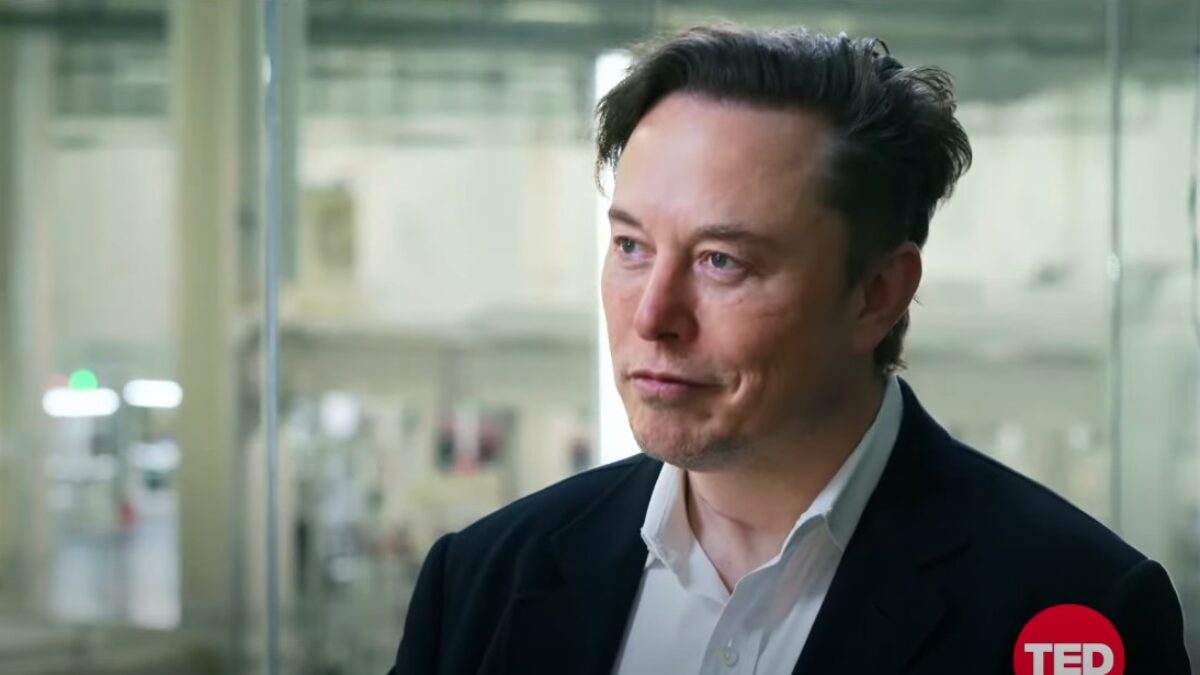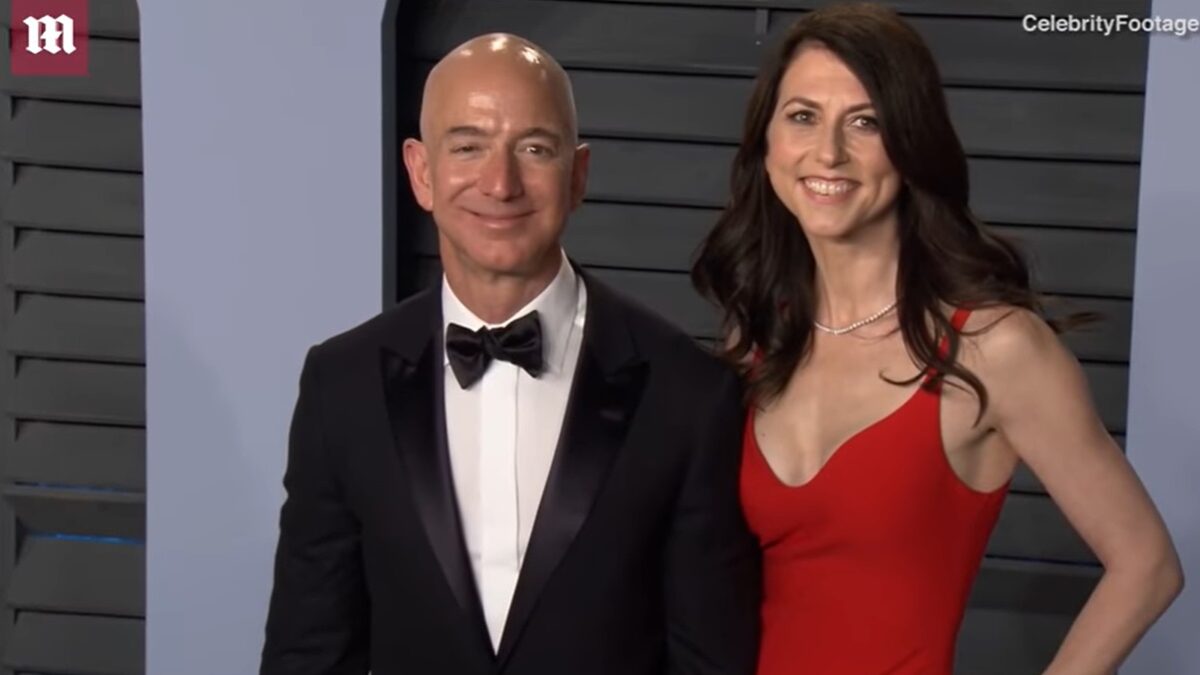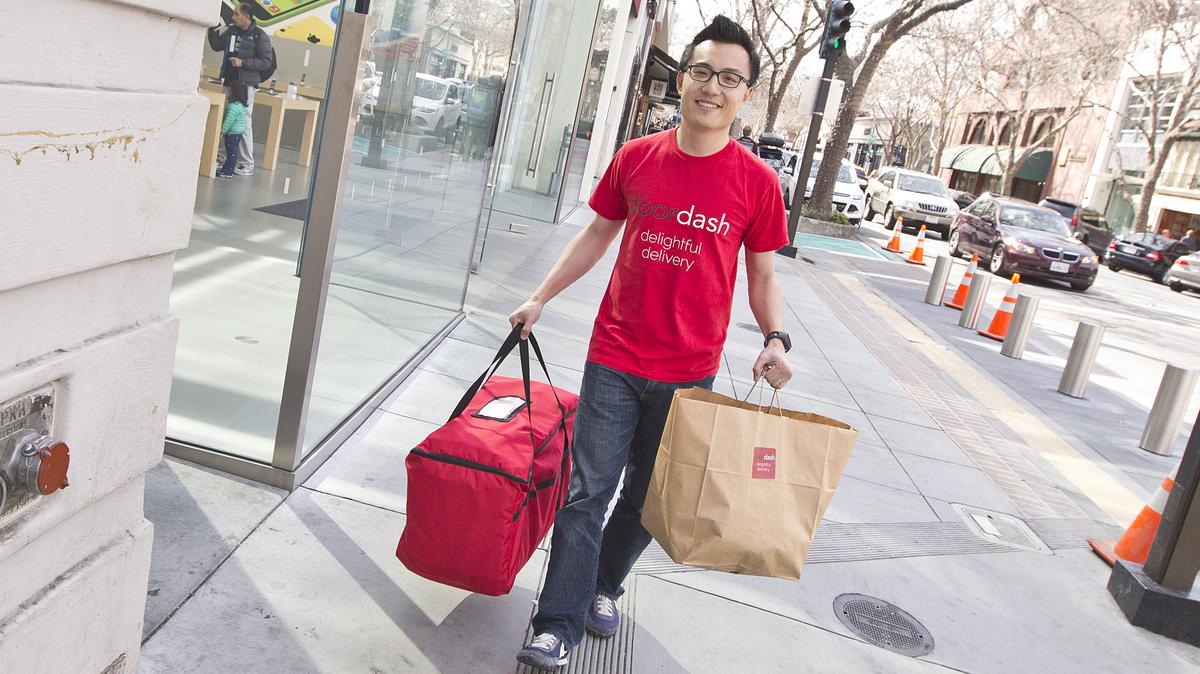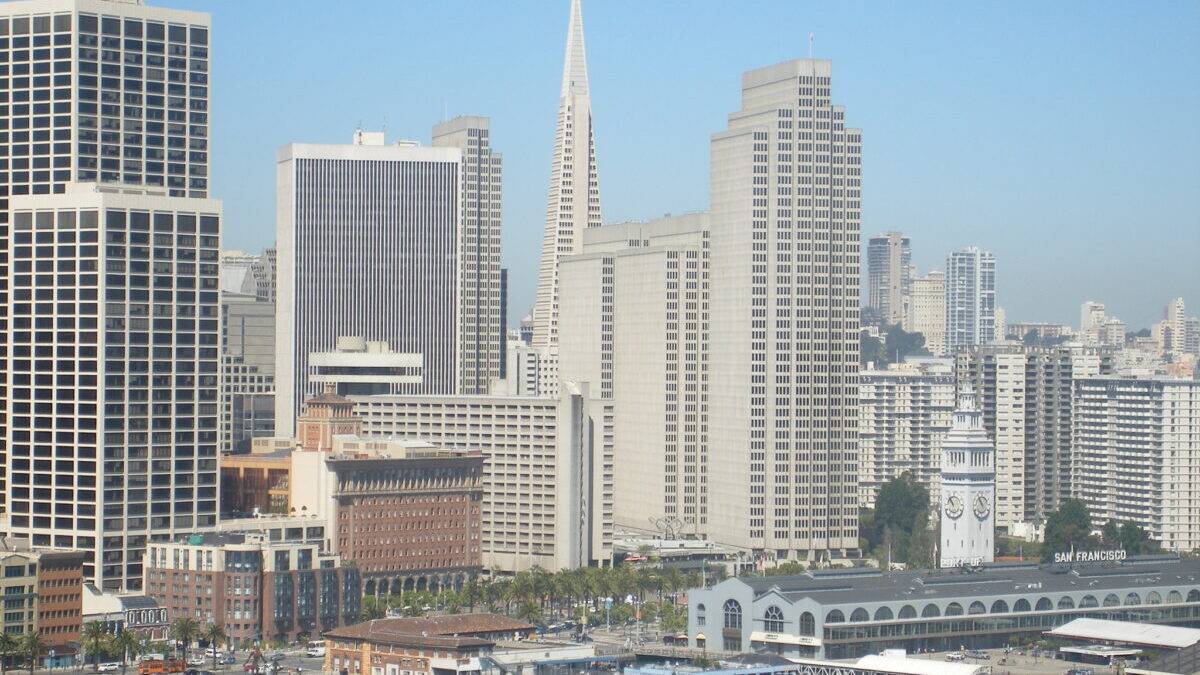The European Union (EU) reportedly threatened to ban Twitter from the continent on Wednesday if the company’s new owner, Elon Musk, doesn’t adhere to strict content moderation guidelines.
This warning shot was fired by EU industry chief Thierry Breton, who indicated that the guidelines Musk’s Twitter must follow were detailed in the European Commission’s Digital Services Act (DSA). These guidelines include surrendering the platform to “independent audits” conducted by “independent” third parties and the implementation of “mechanisms to adapt swiftly and efficiently in reaction to crises affecting public security or public health,” among other things.
Breton indicated that in order to prevent Twitter from being banned in Europe, the tech entrepreneur will have to part ways with his “arbitrary” approach to reinstating the accounts of people previously banned from the platform. Musk must also surrender the platform to an “extensive independent audit” by 2023. Reportedly, Breton told Musk that the platform must “reinforce content moderation” and “aggressively” root out disinformation.
On one hand, the EU’s stipulations sound somewhat reasonable; after all, the DSA requires Twitter to report if criminals are using the platform to conduct illegal activities. On the other, this move is utterly deranged and should not be tolerated. Who is the EU to strong-arm an American company?
Previously, Musk indicated that under him, Twitter would constrain itself to the laws of the lands in which its users operate. And, to be fair, this is a reasonable approach to doing business; after all, companies like Kellogg’s adhere to the standards laid about by the European Food Safety Authority.
But Twitter isn’t in the business of producing breakfast cereals, and the regulation of a tech company is undoubtedly more complex than determining the appropriate ratio of high-fructose corn syrup or yellow dye allowed in products for mass consumption. The EU’s gripe with Twitter, as indicated by Breton’s statements, is the potential proliferation of information and speech that threaten the entrenched interests of the ruling regime on the European continent.
The fact that freedom of speech is largely a political phenomenon unique to the United States and that Big Tech found its roots in the same country isn’t a coincidence. Neither is the fact that in its earliest days, Big Tech’s pioneers insisted that their inventions would be used for the proliferation of free speech around the globe. The naivety of this nouveau neoliberalism was short-lived, however, as the cynical realities of running massive transnational corporations became all too real.
Previously, Twitter was one of the international managerial elite’s favorite inventions because it allowed them to set and control the narratives that gave direction to the world’s governments, markets, and more. Now that these people have lost control of the machine that put them at the center of the universe, they want to see it stripped of all utility.
Musk’s re-platforming of dissident voices on a massively popular social media platform that is taking steps, however imperfectly and incompletely, to no longer unfairly, algorithmically suppress counternarrative speech threatens the legitimacy of the EU. If there are enough anti-regime people in Europe who can successfully use the platform to mobilize the masses, what’s to stop another country from successfully organizing a populist, Brexit-style referendum and further delegitimizing the EU? What’s to stop faltering regional secessionist movements, like those in Catalan, from regaining momentum?
European leaders may claim their tech interests are grounded in humanitarian concerns, but this is simply a farce. If these people actually cared about human rights or any of the other buzzwords they throw around, they would institute large-scale outright bans on tech companies operated under the purview of oppressive governments such as China’s Huawei instead of playing footsie with tyrants.
Surely, these are matters of concern, but what does catering to the EU’s demands mean for free speech here? Why should the preferences of unelected European bureaucrats determine which American citizens are able to speak and what information we are able to consume?
At the end of the day, Musk has to do what is best for business. He has to keep the lights on so he can recoup the $44 billion spent to purchase Twitter in the first place. And Europe is a big place with a lot of people whose use of Twitter can make Elon a lot of money. Musk has made clear that under his leadership, Twitter will adhere to all relevant laws to which it may be subject while neutrally enforcing content moderation guidelines. Simultaneously, he is fending off a hostile regime at home that seeks nothing less than his complete ruination for deregulating digital speech.
At the time of writing, Musk hasn’t issued a public statement on the EU’s threat, but more alarmingly, no major American politicians have spoken out about a foreign entity attempting to force an American company to censor itself.









